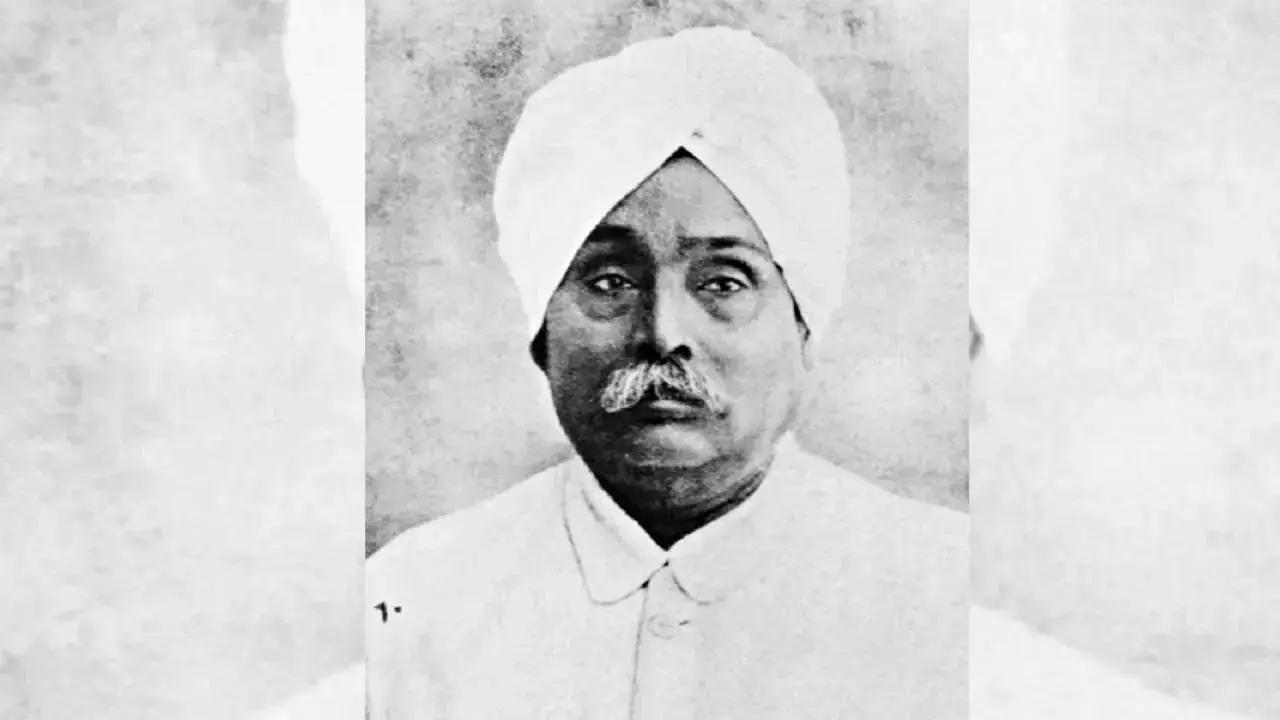Remembering Lala Lajpat Rai: A key figure in India's independence movement, profoundly impacted literature, journalism, and politics.

Lala Lajpat Rai/ INC
Lala Lajpat Rai was a pivotal character in the Indian independence movement who had a profound influence on early Indian literature and journalism in addition to politics. Rai, who died on November 17, 1928, from a brain injury sustained after being batoned at a protest, was vital in influencing India's literary scene and the developing press in the years leading up to independence because of his passionate dedication to the country's advancement.
ADVERTISEMENT
Rai was an ardent supporter of press freedom and founded a number of periodicals and journals that effectively mobilised the populace against British colonial control. His well-known essays in periodicals like "The Tribune" and "The People" demonstrated his unwavering support for political independence, social reform, and education. Rai boldly criticised the repressive practises of the British government using these forums, awakening people's consciences and promoting a sense of nationalism.
In addition to his prominent position in the media, Lala Lajpat Rai was a passionate reader. His writings covered a broad range of topics, from socio-political difficulties and the cultural renaissance to patriotism. Rai made numerous contributions to society, such as essays, articles, and speeches that spoke to the nation's desire for independence and self-determination. In addition to inspiring the general public, his writings gave the growing independence cause intellectual vigour.
"The Story of My Deportation," one of Rai's most well-known literary works, described his deportation to Mandalay by the British authorities in dramatic detail, illustrating his tenacity and unflinching dedication to the cause of India's freedom movement.
Lala Lajpat Rai made numerous contributions to the press and literature that helped to shape the intellectual climate of his day. Through his writings, he dedicated himself to furthering the ideas of liberty, justice, and equality, thereby reviving the spirit of resistance against colonial subjugation.
As a writer, journalist, and freedom warrior, Rai's lasting legacy inspires future generations and highlights the critical role that the media and literature play in promoting social change and a sense of national awakening.
To conclude, Lala Lajpat Rai's significant influence on the literature and press of the early Indian press is an essential component of India's historical story, highlighting his steadfast dedication to liberty, fairness, and the empowerment of the Indian populace.
 Subscribe today by clicking the link and stay updated with the latest news!" Click here!
Subscribe today by clicking the link and stay updated with the latest news!" Click here!












